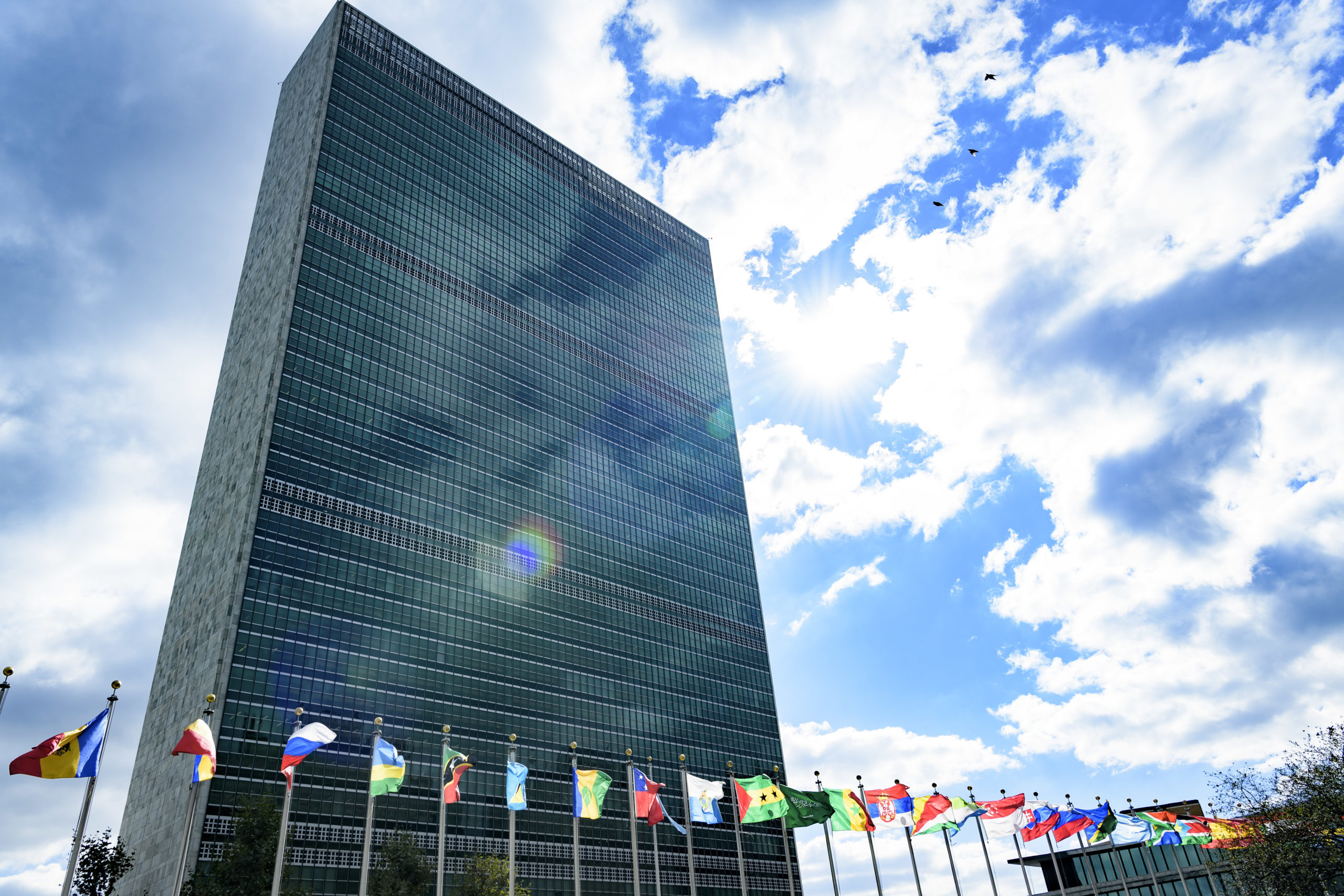Chapter Spotlight: New Jersey Community Chapters Consortium
As the COVID-19 pandemic rages into its eighth month, the world has had to face major ethical challenges and make difficult decisions, especially on the topics of human dignity and human rights. Discrimination and inequalities that existed before have been exacerbated by the pandemic, as this global health crisis has also had detrimental effects in the economic, social, and humanitarian spheres.
On October 15th, UNA Northern New Jersey, Princeton/Trenton Area, and Southern New Jersey chapters all came together to host an event on the global pursuit to advance human rights and discuss how COVID-19 has threatened such efforts. This event discussed how travel restrictions have negatively impacted the efforts of human rights workers, the ways in which governments with poor human rights records have taken advantage of border restrictions and lockdowns, and why global leadership in the advancement of human rights is so important.
“Human rights are fundamental. They allow humans to participate in society and prosper”
UNA Northern New Jersey Chapter’s Human Rights Committee Chair, Gina Damasco, was inspired to hold a conference on these issues after hearing about how NGO workers have not been able to travel and monitor human rights violations because of the pandemic. Gina wanted to hold a virtual conference to capture how the public health crisis has played a role in geopolitical issues and show that recent human rights violations are not isolated incidents, but are instead rising trends that people need to be aware of.
“Collaboration on an event like this was absolutely necessary, this couldn’t have happened alone” explained Princeton/Trenton Area chapter President, Brian Potter. The three chapter presidents held weekly meetings to share ideas on the best way to make their conference as robust and well rounded as possible. Each chapter was able to use their connections to gather together a diverse group of panelists and moderators, including UN employees, NGO workers, professors, human rights lawyers, and journalists. The conference was broken into two panels — the first on the UN human rights structure and its ability to meet current challenges, and the second on UN challenges in human rights monitoring in the age of COVID-19. To make the conference as close to an in-person event as possible, there was a networking break in between the two panels designed to promote interaction and connection between young professionals interested in the human rights field.
Holding this conference was so important to UNA Northern New Jersey Chapter President, Haris Melendez, because “[human rights] is pivotal in everything we do. It’s at the core of our humanity and it’s deserving of our respect.” Gina also mentioned that “human rights is not an abstract concept, [and] when we forget our essential core humanity, that’s when we’re all in danger.” Human rights is a fairly new normality, established following the second World War and globally accepted at the Universal Declaration of Human Rights signing in 1948. Requiring international enforcement and support, human rights’ framework has always been fragile. In present times where authoritarian governments are using the global pandemic as an excuse to push back against human rights advocates and political dissidents while human rights workers are unable to be on the ground and accurately report what’s going on, it will be harder to rebuild the human rights framework in the future. “Human rights are fundamental. They allow humans to participate in society and prosper,” Brian explained, “and they are essential for human progress and for people to realize their full potential.”




